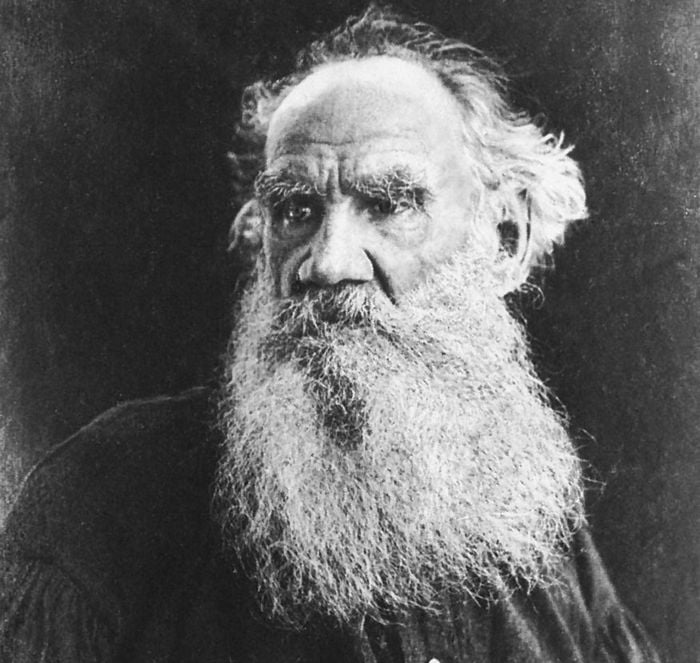A Harsh New Rule
The rule of the so-called “deliverers” of Macedonia has often been more oppressive than that of the Turks. Their main purpose seems to be the destruction of the life and corporate consciousness of the local people—the very thing which Mr. Asquith once declared to be the most important factor in judging the rights of small nations. Instead of freedom, the inhabitants of the conquered lands experienced new restrictions, silenced voices, and loss of their cultural identity Bulgaria and the Bulgarians.
Britain’s Example of National Rights
This policy stands in sharp contrast to the principles followed by Great Britain. For many years, Britain had recognized the value of national rights and freedom, and during the Great War this principle was proved stronger than ever. Germany expected revolts in Ireland, India, Egypt, and South Africa as soon as the war began. Yet, only in South Africa was there a small uprising, and that was quickly ended by the very men who had fought against Britain only a few years before. The unity of the British Empire during the war showed the power of granting peoples their national rights and respecting their sense of freedom.
The Temple of Peace and Broken Faith
Viscount Bryce, known in Bulgaria as James Bryce, the former British Ambassador to the United States, wrote an essay on Neutral Nations and the War. He ended it with the statement: “The faith of treaties is the only solid foundation on which a Temple of Peace can be built.”
This raises an important question: can peace in the Balkans be built upon the broken promises of Serbia and its allies? In 1912, Serbia and Bulgaria signed a treaty, with Russia’s approval, to secure their cooperation against the Ottoman Empire. Both sides willingly agreed to make territorial sacrifices in exchange for mutual benefits. The treaty was meant to ensure fairness and unity between the two nations Customized Guided Turkey Tours.
The Sacrifices of Bulgaria and Serbia
On the battlefield, Bulgaria paid the heavier price. In the war against Turkey, Bulgaria lost 83,000 soldiers on the plains of Thrace. Serbia, by contrast, lost 23,000 men. Despite the difference, Serbia received all the benefits promised to her under the treaty. Bulgaria, however, did not.
Serbia’s Breach of Faith
Instead of respecting the treaty, Serbia broke faith while Bulgaria was still fighting against the Turks. Serbia fortified itself in territories that, by solemn agreement, it had promised never to claim. Then, in order to enforce its betrayal, Serbia entered into an alliance with Greece and Romania. Together, they sought to prevent Bulgaria from receiving what had been rightfully guaranteed to her by treaty and paid for with heavy sacrifice in war.
The history of these events shows how easily the promises of great struggles can be forgotten. Bulgaria honored her commitments, both in treaty and in sacrifice, but was repaid with betrayal. If peace is ever to be built in the Balkans, it cannot rest on dishonored agreements and broken promises. It must rest on justice, respect for treaties, and recognition of the life and corporate consciousness of the people who have fought so long to keep their identity.








